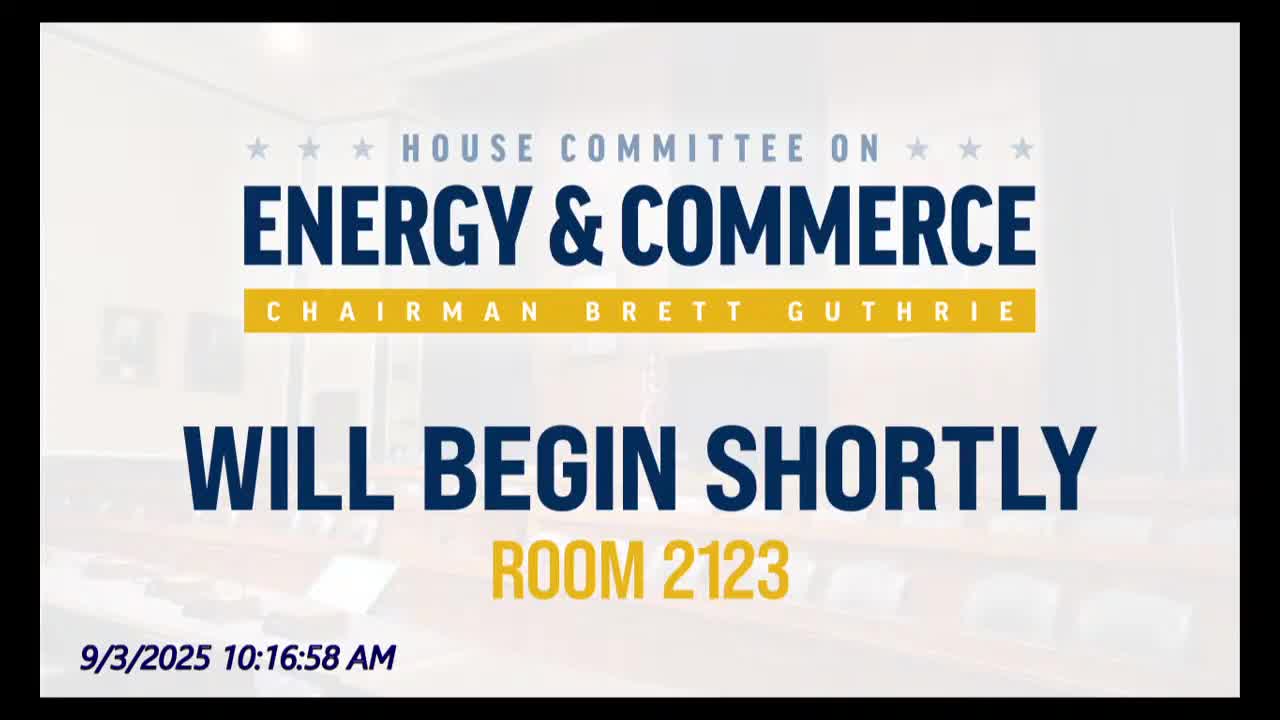Article not found
This article is no longer available. But don't worry—we've gathered other articles that discuss the same topic.
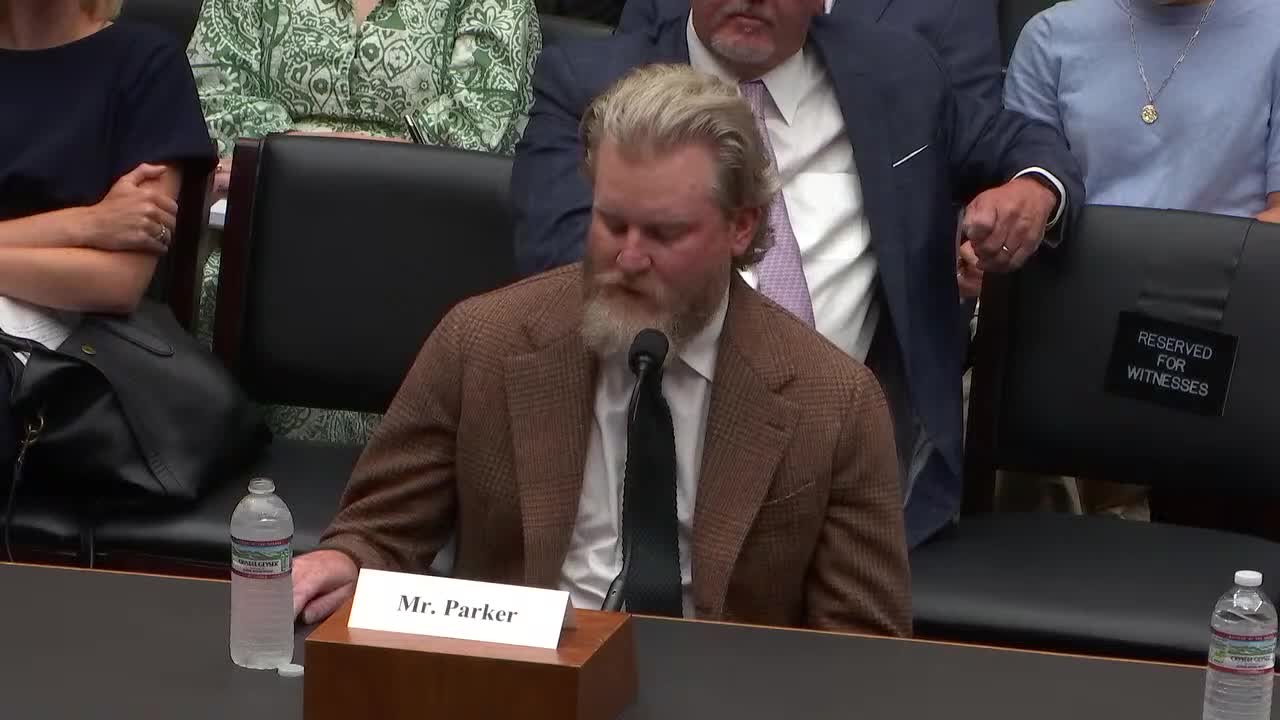
Startups test consumer‑facing AI to show upfront prices and care plans
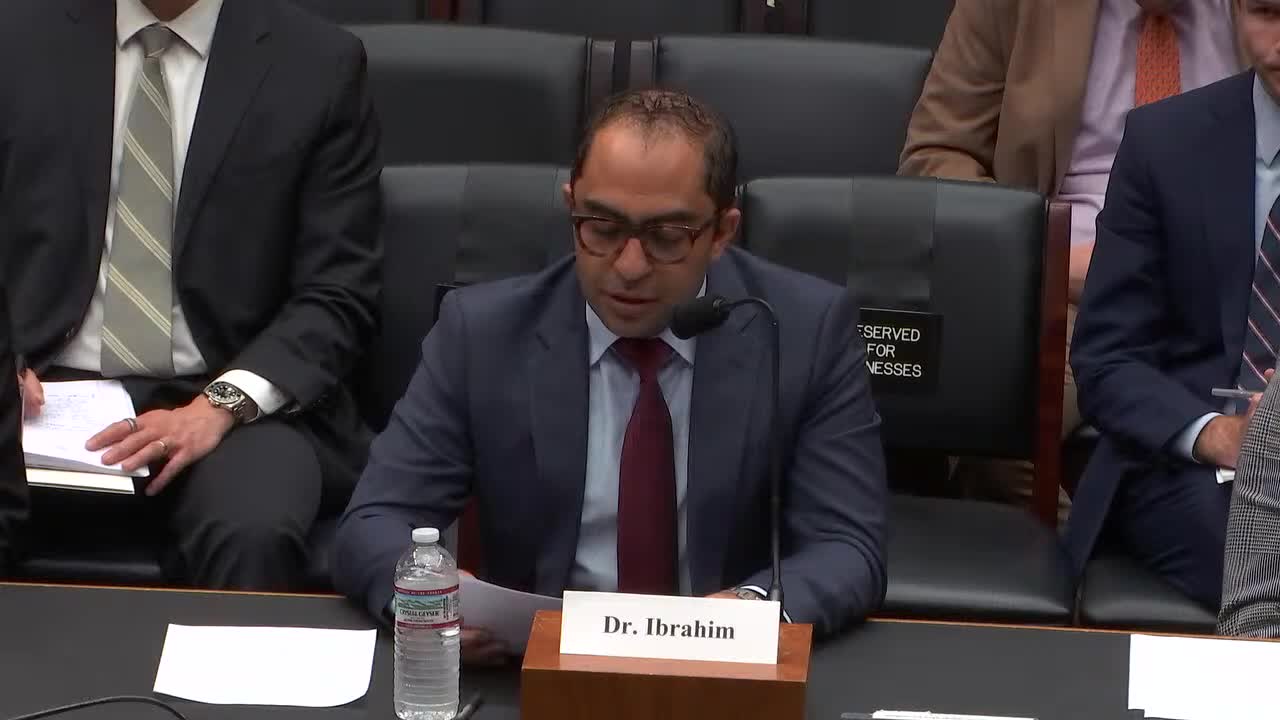
Companies testify to clinical gains from AI: stroke triage, earlier detection and fewer readmissions
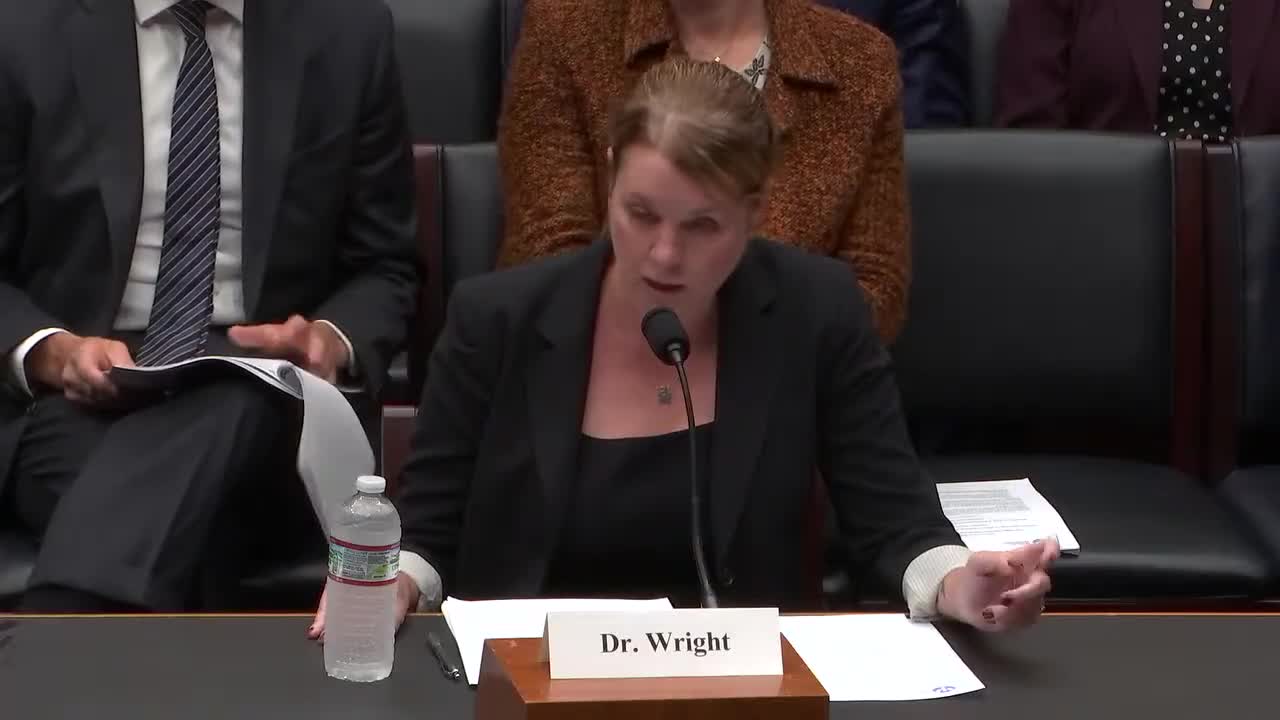
Experts urge safeguards for AI chatbots used for mental‑health support, especially for youth
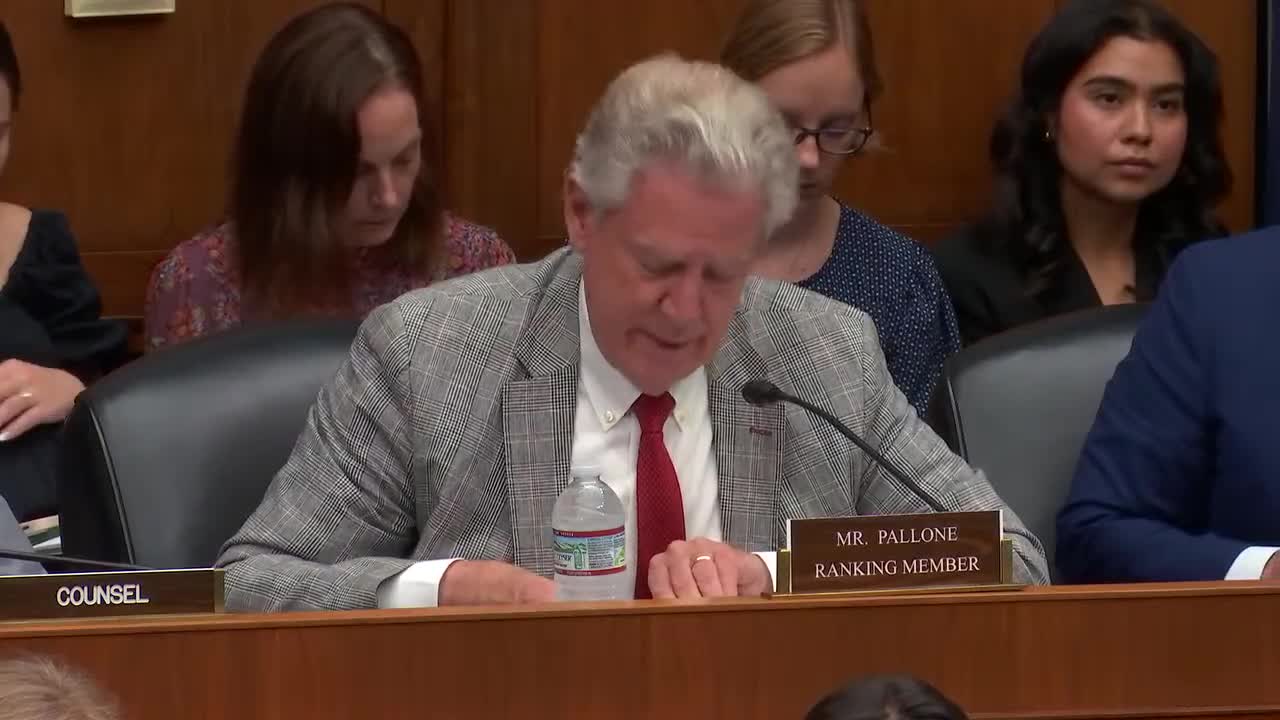
Lawmakers and experts warn against AI‑driven prior‑authorization programs, cite CMS 'WISER' pilot
